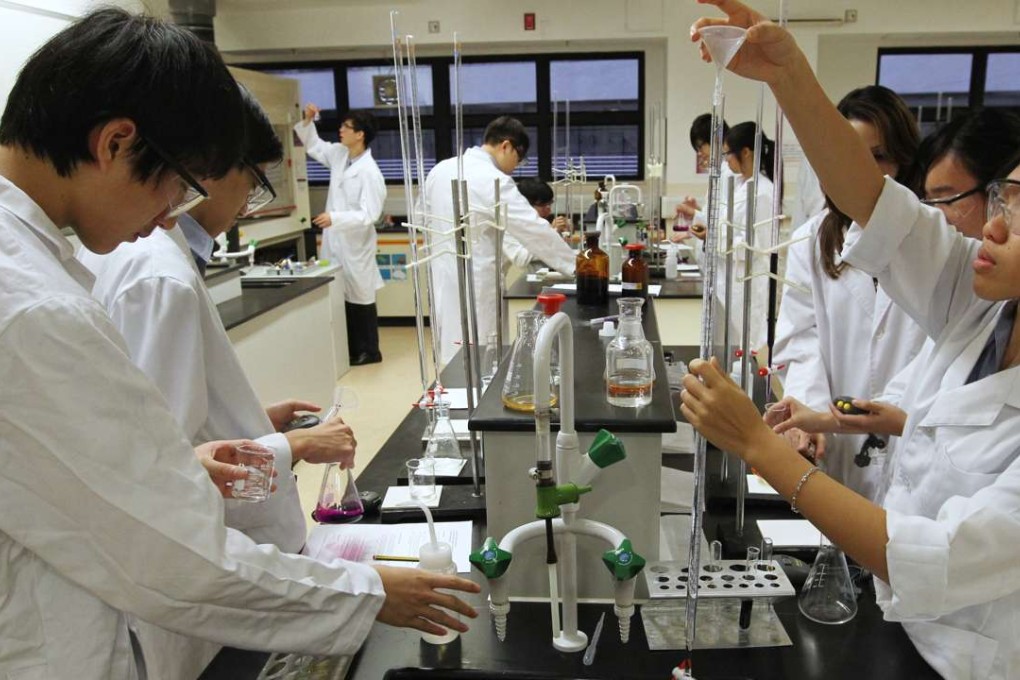Unorthodox NSS subject choices could limit learning for Hong Kong students

Under the new senior secondary (NSS)curriculum, students receive broad-based learning so that they can gain exposure to a wide variety of subjects.
The Education Bureau curriculum documents stipulate that multiple pathways are in place to ensure every graduate can thrive regardless of their subject choice.
It is against this backdrop that students enjoy high flexibility when choosing electives. Unlike their counterparts strictly streamed into science, arts or business classes in the pre-NSS era, students nowadays can literally mix and match any subjects to their liking.
For example, the past five years have seen students unorthodoxly combining Chinese history with such science subjects as physics or chemistry as their options. While such combinations of subjects may expose students to both fields, the depth of learning taking place may be compromised.
This is because both arts and science subjects should be learnt as complete systems rather than separate entities, so it is nonsensical to study an arts subject alongside a science one. Students’ knowledge of either field will become limited in scope and stunted in depth.